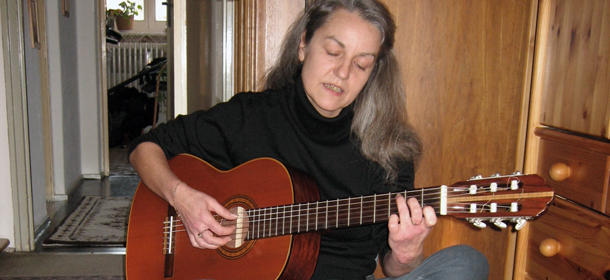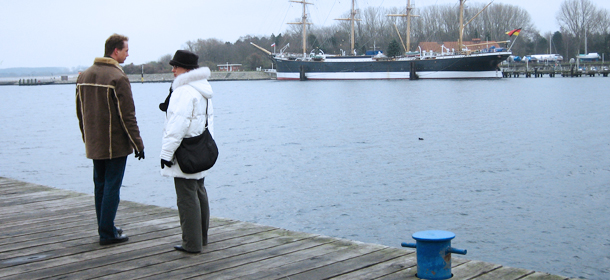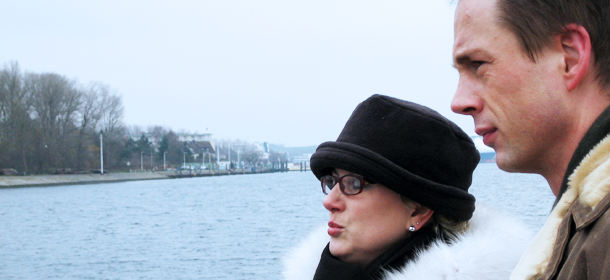A Second Chance
Life After Attempted Suicide
Maja B., 39 years old, is a nurse from Lübeck. Her 10-year-old daughter by her first marriage lives with former husband in Southern Germany. In August 2002, Maja met her new great love and moved from Greifswald to Lübeck to be with him. She found a job and moved into Andreas’ condo apartment. After just a few months, she realized she was becoming jealous when Andreas talked about other women, for example, work colleagues. She felt like a stranger in the new town, unimportant, unchallenged professionally. She gained 10 kilos from nervous overeating. After a year, she found a telephone number in Andreas’ jacket pocket. She dialed the number, and learned that Andreas was having a relationship with the woman who answered. “My world collapsed. Not only that: I didn’t want to go on, because it was obvious that so many things about my life were wrong,† she recalls today reflectively. Upon learning her boyfriend was being unfaithful, she went into the bedroom and, as though in a trance, put on the dress from her first wedding, lay down on the marriage bed, and drank a bottle of vodka, stuffing herself with pills. She somehow injured herself, and began bleeding from one arm. In a state of total delirium, she called her first husband and told him she was trying to kill herself. When the fire department broke down the door and found her in the bedroom, her wedding dress was soaked in blood. Maja was taken to the hospital, where she awoke the following morning. Her boyfriend Andreas was allowed to see her only some hours later. Today, Maja finds it difficult to comprehend the drama that marred her life back then. Andreas und Maja, who have spent half a year in couples counseling, have changed their relationship. Most importantly, Maja has regained the self-confidence she had lost. “Today, I realize that at that time, a mechanism was set into motion that stems from my childhood, in particular from my relationship with my father. He never really accepted me as his daughter, the way I was. Performance was constantly pushed, and I was ‘only’ a nurse. When I learned that my boyfriend had cheated on me, I saw that I had sacrificed everything for him, that I was no longer good enough for him, something inside me snapped, I felt like someone in a movie,† explains Maja. Since the incident, she has talked things over with Andreas and worked through her past. “Maybe all of those things needed to happen before we could come together again on a common path,† the couple agrees. Today Maja can no longer conceive of wanting to end her own life. “I’ve gotten a handle on my problems, I’m going through life with a different perspective.† Soon, Andreas and Maja plan to marry. With 11,000 suicide deaths annually, the dark statistic is the enormous number of people who try to kill themselves more than once. It is believed that there are 120,000 suicide attempts in Germany each year. These divided into two categories: Suicide-prone individuals, who make repeated attempts, and those for whom the act is one-time irrational incident. Yet even the spontaneous and ad-hoc case conceals a complex nexus of causes. What is it that pushes a person over the edge? As a rule, there are a number of relevant factors, which can sometimes be traced back to childhood. On the basis of two cases studies, we attempt to track down and to explore the origins of such feelings of utter hopelessness, and the way, after an attempted suicide, such feelings can be transformed into positive energy and the renewed courage to face life.



